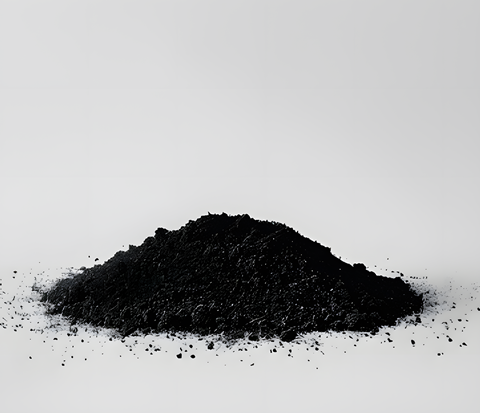
Plastic Energy has commercialised ‘char’, a byproduct of its chemical recycling process, with its production reportedly resulting in 89% less carbon emissions.
The product seeks to offer a lower-carbon, circular alternative to carbon black – a controversial material that can interfere with sorting during recycling processes.
Plastic Energy says that Tacfiller is the first product of its kind to be REACH registered (a regulation that applies to the majority of chemical substances that are manufactured in or imported into Great Britain).
Carbon black is added to packaging materials to enhance their durability, but its production from fossil fuels is emissions-intensive – potentially contributing between 29-79 million metric tonnes of CO₂ emissions globally each year.
Tacfiller is made from post-consumer plastic waste, and Plastic Energy says that a Life Cycle Analysis it conducted on the new material found that its production results in up to 89% lower emissions than conventional carbon black.
Tacfiller is derived from the company’ TACTM chemical recycling process, which converts hard-to-recycle, post-consumer plastic waste into TACOILTM, a recycled feedstock with its production apparently resulting in 89% less carbon emissions that can be used to replace fossil oils in the production of new plastics.
If you liked this story, you might also enjoy:
The ultimate guide to the Packaging and Packaging Waste Regulation in 2025
How are the top brands progressing on packaging sustainability?
Everything you need to know about global packaging sustainability regulation in 2025
The key to increasing the use of reusable packaging in supermarkets













No comments yet